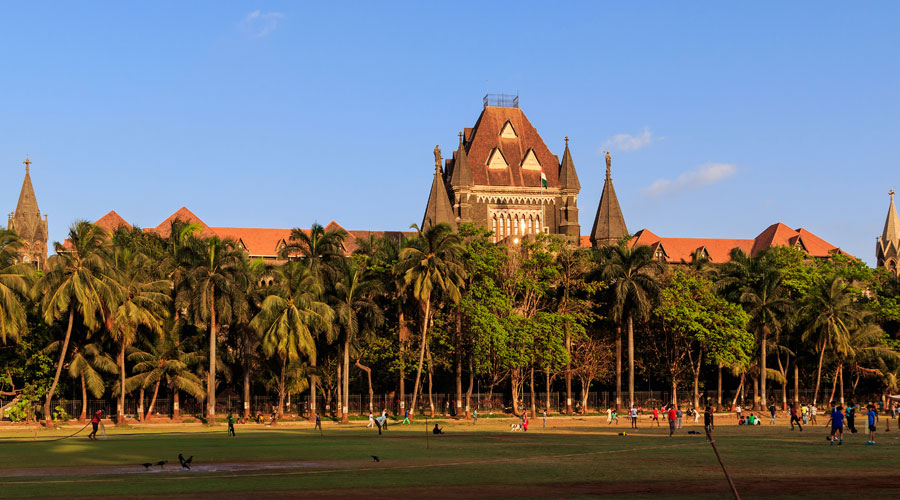Bombay High Court has asked the Centre to consider making cases under Indian Penal Code Section 498A, related to harassment and cruelty by husband or his relatives towards the wife, a compoundable offence by which the parties concerned can effect a compromise without having to approach a court.
A division bench of Justices Revati Mohite Dere and Prithviraj Chavan in an order passed on September 23 said the importance of making IPC Section 498A compoundable could “hardly be overlooked or understated”, noting that every day a minimum of 10 petitions were heard seeking quashing of cases under the section by consent since it was non-compoundable.
A copy of the judgment was made available on Wednesday.
The order was passed on a petition filed by a man, his sister and mother seeking to quash an FIR registered against them in 2018 by Pune police. The man’s estranged wife had alleged harassment by her in-laws and husband.
When an offence is non-compoundable, the accused persons would have to approach the high court seeking to quash the case if the parties wish to settle the matter.
“The parties concerned have to come personally before the court from wherever they are residing, including from villages, thus incurring tremendous hardships for them, apart from travelling expenses, litigation expenses and staying expenses in the city,” the order said.
Apart from the hardships caused to parties, if Section 498A is made compoundable with the court’s permission, the precious time of the high court can be saved. Cases under Section 498A are not such that a magistrate cannot compound it with the permission of the high court, it added.
The bench directed additional solicitor-general Anil Singh to take up the issue before the Union ministry concerned at the earliest.
The petitioners submitted to the court that they have amicably settled their dispute and agreed to give the complainant Rs 25 lakh as a one-time settlement, and have agreed for mutual divorce.
The complainant also submitted an affidavit to the court, stating she was not opposing the plea seeking quashing of the FIR. The court accepted the plea and quashed the FIR.
The bench, however, said it was constrained to observe that a large number of petitions were filed daily in the high court seeking quashing of IPC Section 498A along with other compoundable offences on the ground that the parties had amicably settled the dispute.
“The parties are constrained to approach the high court as Section 498A is non-compoundable and the only remedy to quash the case, by consent, is filing an application,” the court said.
The bench noted that the Maharashtra government had earlier passed a bill to make IPC Section 498A a compoundable offence and the bill was thereafter sent to the President for assent.
The President had then sought comments from the Union government, which suggested that diluting the section would not be in the interest of the victim.
The Centre had sought further clarification from the Maharashtra government, which sent it in 2021, but the issue is still pending.
The court further noted that even Law Commission reports had recommended that IPC Section 498A be made a compoundable offence.
Referring to the 2020 report of the National Crime Records Bureau, the court said a total of 1,11,549 cases were registered under Section 498A in 2020. Of these, 16,151 were closed by the police either because they were false or because they were civil disputes.
“That is, 14.4 per cent of cases were closed by police for not finding merit in the case. 96,497 men, 23,809 women were arrested under Section 498A, taking total arrests under this section to 1,20,306. 18,967 cases were tried in courts of which 14,340 led to acquittal and 3,425 led to conviction,” the high court said. “Despite this, Section 498A is still not compoundable.”











